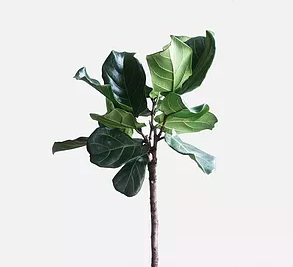Some days it feels like the battle to reduce the amount of waste I produce is steadfastly uphill. The more you get into the movement, the more you realise just how many things are hard - or just about impossible - to find without packaging that can be reused or recycled.
 There is, however, good news on the horizon. Companies are becoming more and more aware of what we want, and indeed what the environment needs. It's also a win for them - if approached strategically, becoming more sustainable can produce significant benefits including lower costs and increased efficiency.
There is, however, good news on the horizon. Companies are becoming more and more aware of what we want, and indeed what the environment needs. It's also a win for them - if approached strategically, becoming more sustainable can produce significant benefits including lower costs and increased efficiency.
On Tuesday, Unilever called for greater industry action on packaging waste, saying that more progress is needed in the move away from things like single use plastics, towards a circular economy. This follows their 2017 announcement that they will ensure all of it's packaging is re-usable, recyclable or compostable by 2025. Other companies that have taken this pledge include L'Oreal, Pepsi, The Coca Cola Company, and Walmart.
Henkel (the company that owns Schwarzkopf) are aiming to implement a 20% reduction in their packaging to sales ratio by 2020, and UK giant Iceland Foods will eliminate plastic packaging from it's brands by 2023.
It's a good start, and it's great to see industry getting on board, considering there is a huge amount of packaging waste being created, however more work needs to be done. In the EU-28 in 2014, almost 163kg of packaging waste was generated per person. Over the decade to 2013, Australia regressed in terms of waste management, generating 53.0 million tonnes of waste in 2010-11.
So what can be done? Money talks - vote with your dollar. Stop buying products with unsatisfatory packaging. And for those products that you can't seem to find without it, speak up. Write an email, file a complaint, get on social media. It's time to start calling this out.







0 comments:
Post a Comment